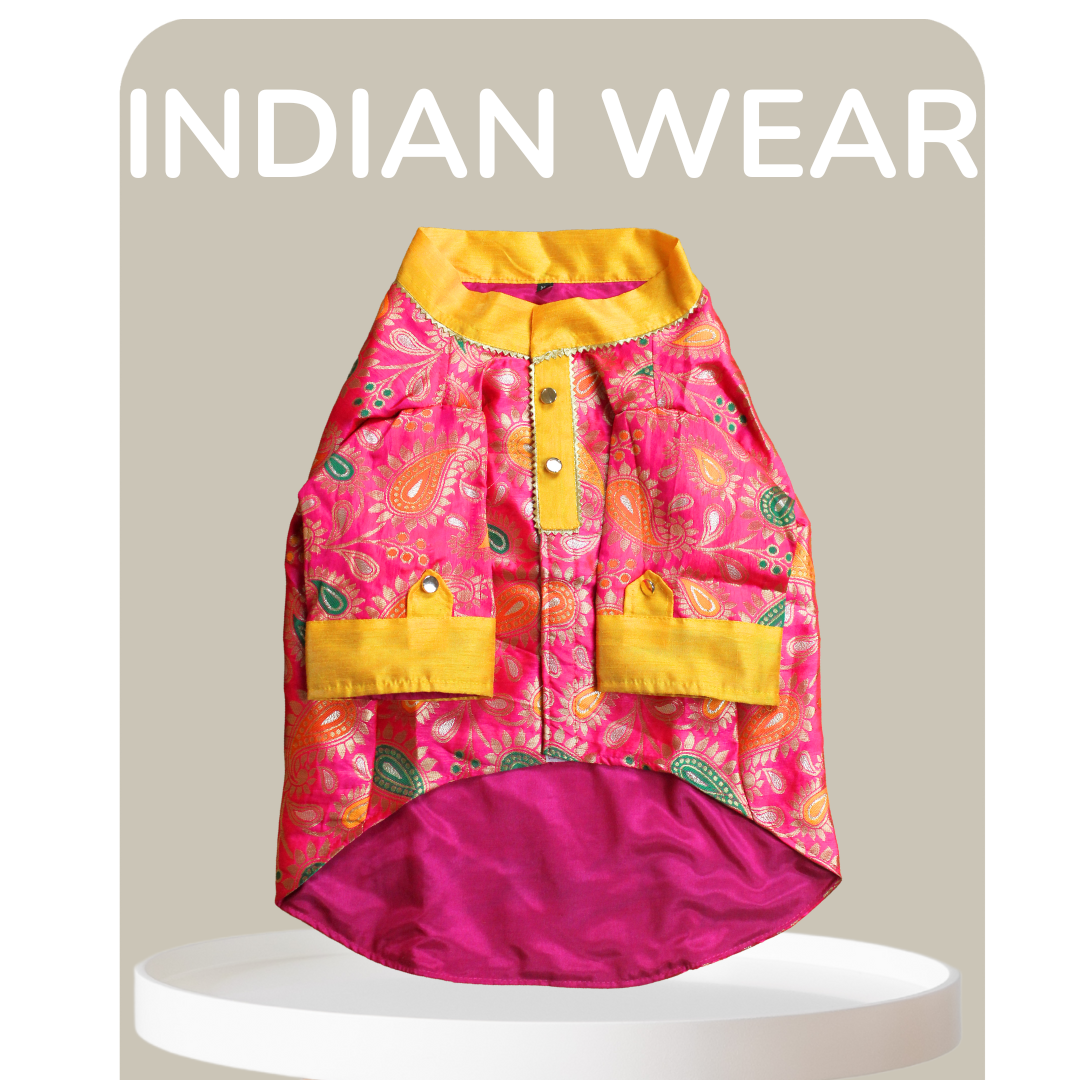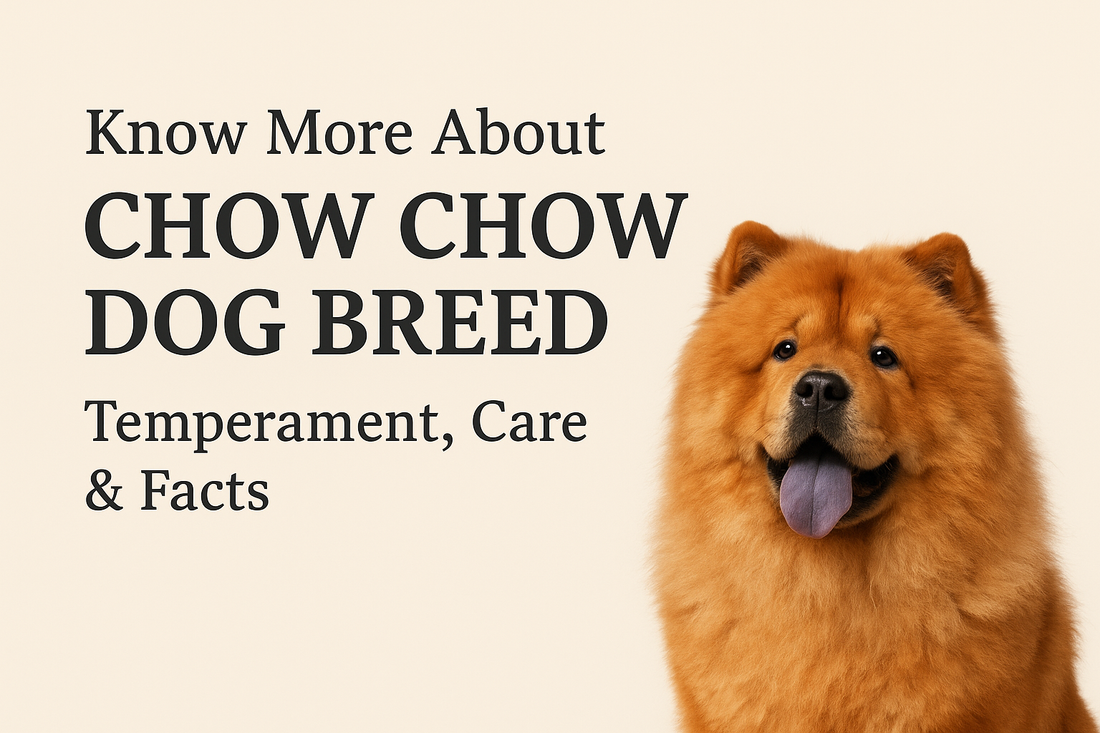The Chow Chow is one of the most distinctive and recognizable dog breeds in the world. Known for its lion-like mane, fluffy coat, and unique personality, the Chow Chow dog is both majestic and intriguing.
This breed has fascinated dog lovers for centuries due to its appearance, temperament, and rich history.
Whether you are considering welcoming a Chow Chow puppy into your home or simply want to understand this unique breed better, this guide provides a comprehensive overview covering temperament, care, health, and more.
Chow Chow Dog Breed: History and Origin
The Chow Chow dog breed has ancient roots, believed to have originated in northern China over 2,000 years ago.
Originally, these dogs were used as working dogs for hunting, guarding, and pulling carts. The breed’s distinctive blue-black tongue and sturdy build have remained consistent over centuries.
The name “Chow Chow” is derived from the Cantonese word “chow chow,” which historically referred to miscellaneous goods imported from China; a reflection of the breed’s early introduction to Western countries.
Chow Chows were first recognized in the West in the late 19th century and quickly gained popularity for their striking appearance and dignified demeanor.
Chow Chow Dog Breed: Physical Appearance
Chow Chows are medium-sized dogs with a distinctive appearance that sets them apart from most other breeds.
- Head: Broad, rounded skull with a flat plane, small, deep-set eyes, and a black nose.
- Muzzle: Short and square, giving a scowling expression.
- Ears: Small, triangular, erect, and slightly rounded at the tips.
- Body: Compact and sturdy with a deep chest and straight back.
- Tail: Curled over the back, often blending with the thick coat.
The overall impression is one of dignity, strength, and lion-like majesty.
Chow Chow Dog Breed: Size and Weight

The Chow Chow is a medium-to-large breed:
- Height: Typically 17–20 inches (43–51 cm) at the shoulder.
- Weight: Males usually weigh 55–70 lbs (25–32 kg), females 45–60 lbs (20–27 kg).
Chow Chows have a stocky build that supports their original role as working and guarding dogs.
Chow Chow Dog Breed: Coat, Colors, and Grooming

Chow Chows are renowned for their dense double coat, which can be rough or smooth. Grooming is essential to maintain coat health and reduce shedding.
- Coat Colors: Red, black, blue, cinnamon, cream, and rare combinations.
- Grooming Needs: Brushing 3–4 times a week to prevent mats and tangles. More frequent grooming is necessary during seasonal shedding.
- Bathing: Once every 4–6 weeks or as needed.
- Other Care: Regular ear cleaning, nail trimming, and dental care are crucial to maintain overall health.
The thick coat provides insulation but can make the Chow Chow prone to overheating in hot climates, so proper care and attention are necessary.
Also Read: Most Dangerous Dog Breeds in India
Chow Chow Dog Breed: Temperament and Personality

The Chow Chow personality is unique among dog breeds. They are:
- Loyal and Devoted: Often forming strong bonds with one or two family members.
- Independent: Chow Chows are not overly affectionate and often maintain a dignified, reserved demeanor.
- Aloof with Strangers: They may appear standoffish or cautious around unfamiliar people.
- Protective: Naturally territorial, making them excellent watchdogs.
- Calm and Quiet: Generally not hyperactive, though they require regular exercise.
This breed is not typically recommended for first-time dog parents due to its independent nature and need for consistent training.
Chow Chow Dog: Training and Socialization

Chow Chows require early socialization and firm, consistent training:
- Socialization: Introduce to children, pets, and strangers early to prevent aggression or shyness.
- Training: Use positive reinforcement; avoid harsh punishment as this can damage trust.
- Obedience: Chow Chows can be stubborn; patience is key when teaching commands.
- Boundaries: Clear rules help the dog understand acceptable behavior.
A well-trained Chow Chow is dignified, calm, and obedient while retaining its natural independence.
Chow Chow Dog Breed: Exercise Needs

Chow Chows are not extremely active dogs, but still require moderate daily exercise:
- Walks: 20–30 minutes, 1–2 times per day.
- Playtime: Gentle play in a secure yard or indoors is sufficient.
- Mental Stimulation: Puzzle toys or training sessions prevent boredom.
Overexertion, especially in hot weather, should be avoided due to their thick coats.
Chow Chow Dog: Diet and Nutrition

A balanced diet is essential for a Chow Chow’s health:
- High-Quality Dog Food: Both dry kibble and wet food are suitable.
- Protein Sources: Chicken, fish, lamb, or beef for muscle maintenance.
- Portion Control: Prevent obesity, as excess weight stresses joints.
- Supplements: Omega-3 for coat health; joint supplements may help aging dogs.
Feeding should be consistent with age, activity level, and health conditions.
Also Read: Best Guard Dog Breeds
Chow Chow Dog Breed: Health Issues and Lifespan
The Chow Chow lifespan averages 9–15 years, though this can vary based on genetics and care.
Common health concerns include:
- Hip Dysplasia: Joint issues due to their stocky build.
- Entropion: Eyelid condition causing irritation.
- Elbow Dysplasia: Can lead to lameness if untreated.
- Allergies: Skin conditions due to their dense coat.
- Bloat: Risk increases in deep-chested dogs; monitor feeding and activity.
Regular veterinary check-ups, vaccinations, and preventive care ensure a healthy life.
Chow Chow Puppies: What to Expect
Chow Chow puppies are fluffy, curious, and moderately active:
- Appearance: Lion-like mane develops as they grow.
- Temperament: Independent from an early age but responds to gentle training.
- Socialization: Essential for developing a confident adult dog.
- Training: Early leash training, basic commands, and household rules are crucial.
Puppies require patience, regular grooming, and consistent routines to grow into well-adjusted adults.
Chow Chow Price in India
The Chow Chow price in India varies based on lineage, breeder reputation, and location:
- Typical price range: ₹40,000–₹80,000 for a purebred puppy.
- Imported or show-quality puppies may exceed ₹1,00,000.
- Additional costs: Vaccinations, food, grooming, and health care.
Prospective parents should buy from reputable breeders who prioritize health and proper care.
Chow Chow Dog Breed: Living Environment and Suitability
Chow Chows are best suited to parents who can provide:
- Spacious Living: Moderate yard or regular walks.
- Cooler Climate: Thick coats make them prone to heat stress.
- Patient Parents: Experience with independent or strong-willed dogs is beneficial.
- Family Considerations: They bond with a primary family member; cautious around small children or strangers initially.
A well-suited environment ensures the Chow Chow thrives both physically and emotionally.
Frequently Asked Questions
Q1: Are Chow Chows good with other pets?
With early socialization, they can live peacefully with other pets but may be territorial.
Q2: How often should a Chow Chow be groomed?
Brushing 3–4 times weekly, more during seasonal shedding.
Q3: Do Chow Chows bark a lot?
They are generally quiet but alert, barking mostly at strangers or unusual activity.
Q4: Is the Chow Chow good for apartment living?
They can adapt if given daily exercise and mental stimulation, but prefer cooler, spacious environments.
Conclusion
The Chow Chow is a dignified, independent, and loyal breed. With its lion-like appearance and unique temperament, it makes an intriguing companion for experienced dog parents.
Understanding the Chow Chow personality, grooming needs, exercise requirements, and health considerations is essential for raising a happy and healthy dog.
Whether you are considering Chow Chow puppies or an adult dog, proper care, training, and socialization are key to a fulfilling relationship.
With responsible parenting, this majestic breed can be a loyal, protective, and cherished member of your family for years to come.




